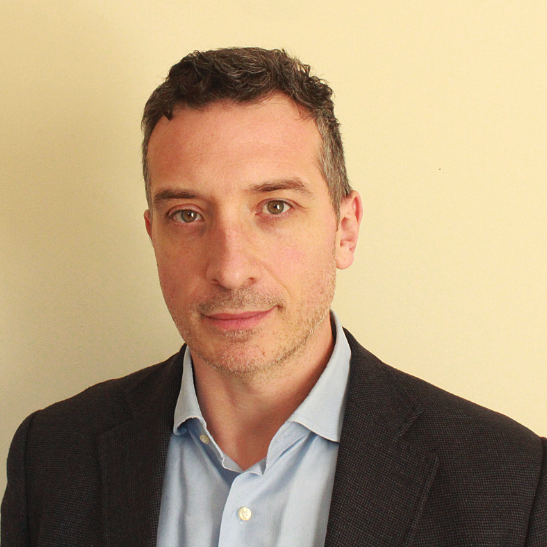
Francesco Campanile Psychotherapist in Ottawa
Welcome to my website
I am a licensed mental health professional who can provide psychotherapy services in both Canada and Italy.
I currently live and work in Ottawa, Ontario, where I provide both in-person and online psychotherapy. The approach used is based on the theory of Interpersonal Psychoanalysis, and my services can be addressed to individuals, couples, families, and groups of all ages.
Since I first started my practice, I've worked with a wide variety of patients, assisting them in overcoming a wide range of mental health conditions and issues. My primary goal in treatment is to foster, not impose, a change in the patient who demands it. This is accomplished by assisting the patient in developing a deeper understanding and awareness of their unconscious feelings, emotions, and perceptions of both themselves and others. Throughout each session, the therapist analyzes and interprets these unconscious components before validating them with the patient.
As a psychotherapist, I am dedicated to upholding the highest ethical standards and professionalism. I also believe it is critical to establish meaningful therapeutic relationships with my patients, who typically value a welcoming and compassionate environment.
As I often say, I treat each person as a whole, not just a set of symptoms.
Francesco Campanile
MSc, School of Specialization in Psychotherapy

Services offered
Office location
Centretown - Ottawa
- 436 MacLaren St. - Unit 002


